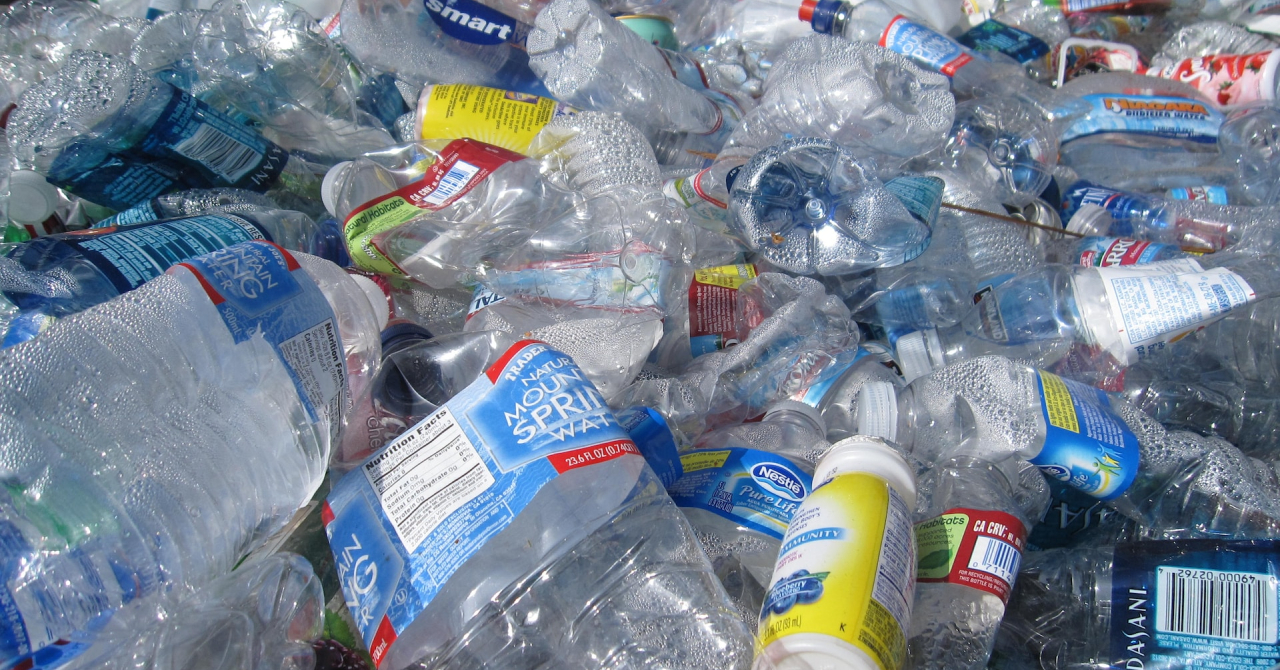The Guardian writes that the first step suggested by UN officials is the reduction of plastic packaging, especially the unnecessary one. Next in line would be reusing some of the plastic packaging out there, such as refillable bottles, increasing recyclability and also replacing plastic with nature-friendly alternatives.
As plastic waste is found everywhere on Earth, even in the most remote places, 193 countries back in 2022 decided to end all forms of plastic waste, which could happen in 2024. Currently, the entire planet generates some 430 million tons of plastic waste every year and judging by current trends, the amount could triple by 2060.
Inger Andersen, UN Environment Program executive director, said that "the way we produce, use and dispose of plastics is polluting ecosystems, creating risks for human health and destabilising the climate. This report lays out a roadmap to dramatically reduce these risks through adopting a circular approach that keeps plastics out of ecosystems, out of our bodies and in the economy."
Around 3 trillion USD worth-of money would be saved over the next two decades if the world is able to reduce its plastic pollution output by 80%. These would come in the form of health, air pollution prevention and climate benefits.
Additionally, experts suggest that the 80% reduction of plastic waste would also reduce CO2 emissions around the world by 500 million tons per year, nearly the yearly output of Canada, while it would also bring economy benefits to low-income countries in the form of new jobs.
 Mihai - Cristian Ioniță
Mihai - Cristian Ioniță












Any thoughts?